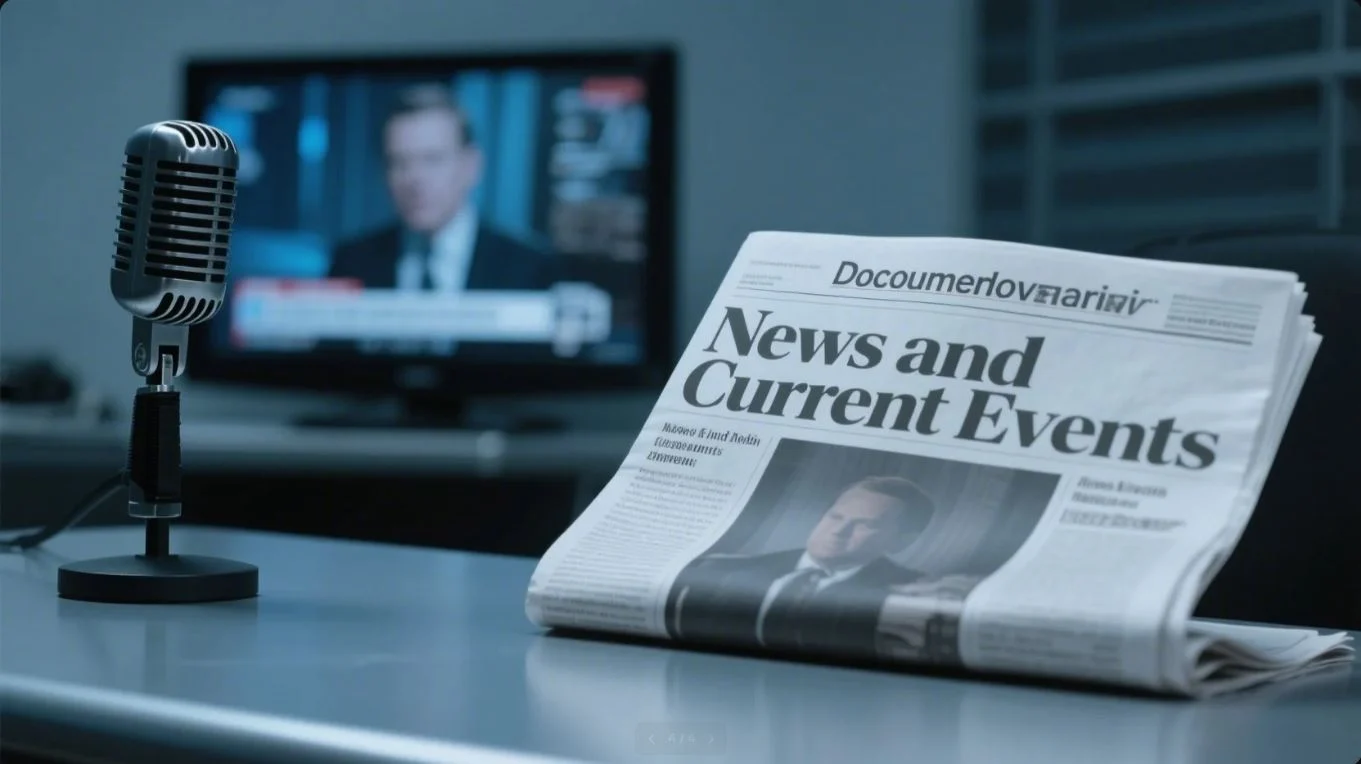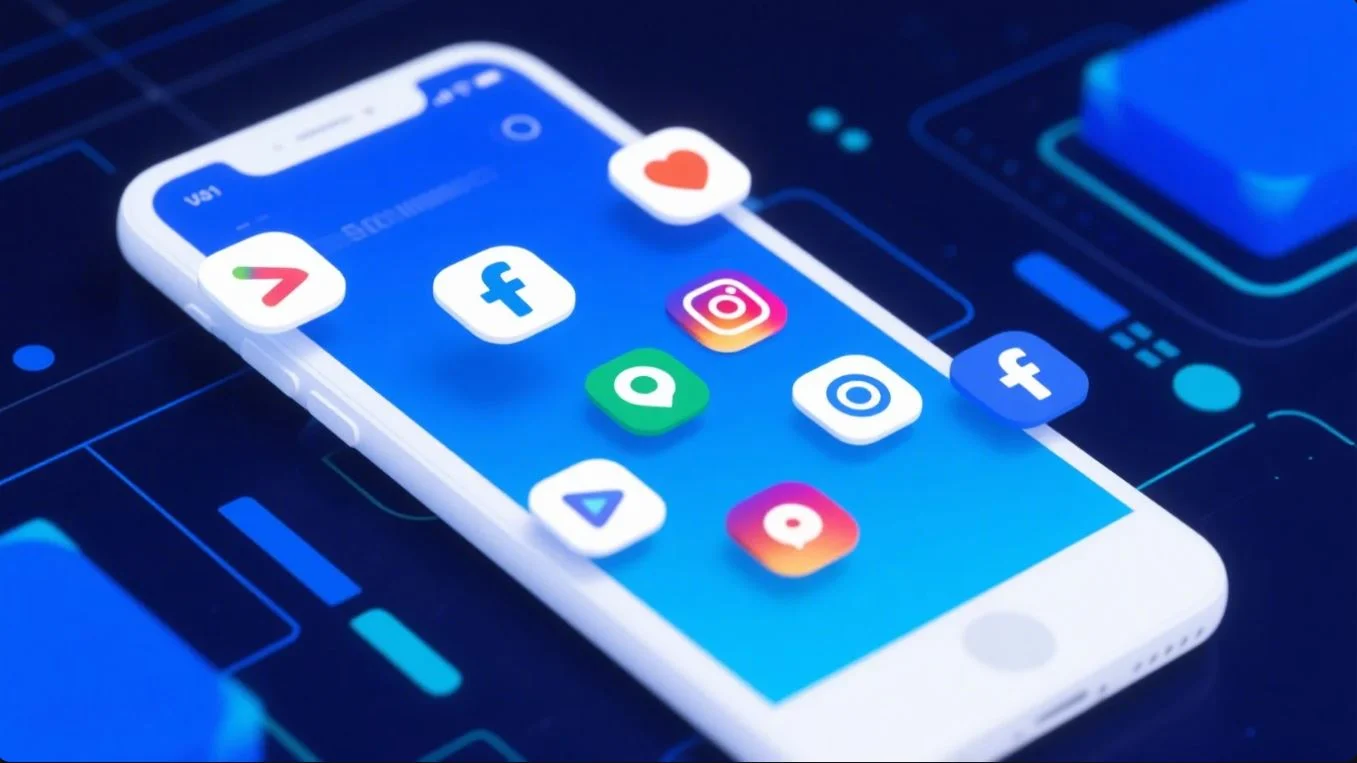Các cụm từ chỉ sự tương phản như “on the contrary” và “by contrast” được dùng để so sánh hai ý tưởng, quan điểm, hoặc tình huống khác nhau trong tiếng Anh.
1. “On the contrary”
- Cấu trúc:
- [S] + [Verb] + [Object] + on the contrary, [S] + [Verb] + [Object]
- Sử dụng:
- “On the contrary” được dùng để phủ định một ý kiến hoặc quan điểm đã được đưa ra trước đó và thay vào đó đưa ra một ý kiến trái ngược.
- Thường được sử dụng sau một mệnh đề để nhấn mạnh sự đối lập với thông tin trước đó.
- Ví dụ:
- Many people think the movie was boring; on the contrary, I found it very engaging.
- He is not shy; on the contrary, he is quite outgoing.
2. “By contrast”
- Cấu trúc:
- [S] + [Verb] + [Object] + by contrast, [S] + [Verb] + [Object]
- Sử dụng:
- “By contrast” được dùng để so sánh hai sự việc hoặc hai tình huống khác nhau, để làm nổi bật sự khác biệt giữa chúng.
- Thường đứng đầu câu hoặc giữa câu để so sánh và nhấn mạnh sự khác biệt.
- Ví dụ:
- She loves urban life and enjoys the hustle and bustle of the city. By contrast, her brother prefers the peace and quiet of the countryside.
- The weather was sunny and warm last week. By contrast, this week has been rainy and cold.
Một số ví dụ khác:
- On the contrary:
- I thought the task was going to be easy. On the contrary, it turned out to be very challenging.
- He doesn’t like to socialize. On the contrary, his sister is very sociable and loves meeting new people.
- By contrast:
- The new policy has been well-received by employees. By contrast, the old policy was widely criticized.
- Her previous job required her to work long hours. By contrast, her new job offers a much better work-life balance.
Lưu ý:
- Vị trí trong câu: “On the contrary” thường được dùng sau một mệnh đề để đưa ra ý kiến trái ngược. “By contrast” thường được dùng để so sánh hai tình huống khác nhau và có thể đứng ở đầu hoặc giữa câu.
- Mức độ trang trọng: “By contrast” có thể được sử dụng trong cả văn viết và văn nói, trong khi “on the contrary” thường trang trọng hơn và thường thấy trong văn viết hơn.
Bài tập
- She enjoys outdoor activities; ________, her brother prefers staying indoors.
- The restaurant was quite expensive; ________, the food was not very good.
- I thought the movie would be entertaining; ________, it turned out to be quite boring.
- His plan seemed practical; ________, the results were disappointing.
- The new policy aims to reduce costs; ________, it has led to increased expenses.
- Many people thought the book was a masterpiece; ________, I found it mediocre.
- She is usually very punctual; ________, today she arrived late.
- The project was expected to be easy; ________, it turned out to be quite complex.
- He loves to travel to new places; ________, his sister prefers staying at home.
- The weather forecast predicted sunshine; ________, it rained all day.
- The presentation was well-received; ________, the follow-up meeting was unsuccessful.
- They were confident about the result; ________, the test scores were lower than expected.
- The customer service was excellent; ________, the product itself was of poor quality.
- He usually enjoys reading fiction; ________, this particular novel did not interest him.
- The company has been growing steadily; ________, recent profits have declined.
- She loves fast-paced action movies; ________, her partner prefers romantic comedies.
- The new system was designed to be user-friendly; ________, many users found it confusing.
- The sales numbers were impressive; ________, the overall profit margin remained low.
- She was excited about the new job; ________, she found it less fulfilling than she expected.
- The vacation was planned meticulously; ________, the weather was terrible throughout.
- His argument was well-structured; ________, it did not convince the audience.
- They believed the strategy would succeed; ________, it resulted in failure.
- The team’s performance was exceptional; ________, they did not win the championship.
- The restaurant received rave reviews; ________, the dining experience was underwhelming.
- The book was highly recommended; ________, I found it rather disappointing.
- Her promotion was anticipated; ________, she was not pleased with the new role.
- The project was completed on time; ________, it did not meet the quality standards.
- He usually enjoys classical music; ________, he did not like this particular piece.
- The new policy was meant to simplify procedures; ________, it made them more complex.
- She is known for her organizational skills; ________, her desk is often cluttered.
- The experiment was expected to be straightforward; ________, it encountered several issues.
- They were optimistic about the outcome; ________, it did not turn out as planned.
- The film was praised for its visuals; ________, the storyline was criticized.
- The meeting was intended to be brief; ________, it lasted for several hours.
- The conference was expected to be informative; ________, it did not cover the main topics.
- She usually prefers spicy food; ________, she did not like the new dish.
- The new software was advertised as efficient; ________, many users reported problems.
- The event was highly anticipated; ________, it did not live up to expectations.
- He enjoys working on projects independently; ________, he found this team assignment challenging.
- The new policy was designed to streamline processes; ________, it led to more paperwork.
- The film received positive reviews; ________, it failed at the box office.
- They were hopeful about the future; ________, recent developments have been discouraging.
- The book was described as a classic; ________, I found it difficult to read.
- Her speech was intended to inspire; ________, it left the audience indifferent.
- The job offer seemed promising; ________, the actual work environment was disappointing.
- The team was confident about their strategy; ________, it did not produce the desired results.
- The restaurant was recommended by many; ________, the service was poor.
- He usually enjoys quiet places; ________, he found the new café too noisy.
- The technology was said to be cutting-edge; ________, it often malfunctioned.
- The team’s performance was outstanding; ________, they were not recognized for their efforts.
- The vacation was meant to be relaxing; ________, it was filled with unexpected problems.
- She is known for her punctuality; ________, she missed several appointments last month.
- The experiment was designed to be simple; ________, it proved to be quite complicated.
- The event was expected to be a success; ________, it did not attract many attendees.
- The report was well-researched; ________, it did not address the key issues.
- The product was advertised as innovative; ________, it was similar to existing ones.
- They thought the job would be challenging; ________, it turned out to be quite monotonous.
- The meal was supposed to be gourmet; ________, it was quite ordinary.
- The new model was claimed to be efficient; ________, it consumed more energy than expected.
- She usually enjoys horror movies; ________, she found this one disappointing.
- The course was intended to be comprehensive; ________, it only covered basic concepts.
- The technology was promised to be reliable; ________, it frequently failed.
- His approach was supposed to be effective; ________, it did not achieve the desired outcomes.
- The team was excited about the project; ________, it faced numerous obstacles.
- The book was hyped as a bestseller; ________, it did not meet readers’ expectations.
- The software was designed for ease of use; ________, many users found it difficult to navigate.
- The trip was planned to be enjoyable; ________, it was marred by bad weather.
- The new policy aimed to reduce costs; ________, it led to unexpected expenses.
- The presentation was supposed to be engaging; ________, it was quite dull.
- The concert was anticipated to be fantastic; ________, it was poorly attended.
- Her promotion was seen as a reward; ________, she was not satisfied with the new position.
- The seminar was intended to be informative; ________, it did not provide useful information.
- The painting was described as a masterpiece; ________, it did not impress the critics.
- The new feature was said to enhance productivity; ________, it complicated the workflow.
- The team was prepared for the challenge; ________, they struggled to meet the goals.
- The book was recommended by experts; ________, I found it hard to follow.
- The vacation was planned to be relaxing; ________, it was filled with activities.
- The movie was expected to be a hit; ________, it received mixed reviews.
- The renovation was supposed to improve the space; ________, it made it less functional.
- The experiment was predicted to yield clear results; ________, it produced ambiguous data.
- The product was marketed as groundbreaking; ________, it did not offer significant improvements.
- The team’s efforts were praised; ________, the results were below expectations.
- The recipe was supposed to be easy; ________, it turned out to be quite complicated.
- The event was planned to be successful; ________, it faced several logistical issues.
- The presentation was meant to be dynamic; ________, it was monotonous.
- The course was intended to be advanced; ________, it covered basic material.
- The technology was described as revolutionary; ________, it did not perform as expected.
- The new system was designed to simplify tasks; ________, it added extra steps.
- The meal was expected to be gourmet; ________, it was quite ordinary.
- The new feature was supposed to enhance user experience; ________, it caused more problems.
- The event was meant to be a grand celebration; ________, it was rather low-key.
- The book was advertised as a must-read; ________, it did not meet the hype.
- The project was planned to be innovative; ________, it followed traditional methods.
- The trip was supposed to be enjoyable; ________, it was marred by delays.
- The product was claimed to be high-quality; ________, it had several defects.
- The software was designed for efficiency; ________, it was slow and cumbersome.
- The film was expected to be a blockbuster; ________, it did not attract many viewers.
- The seminar was planned to be interactive; ________, it was mostly a lecture.
- The technology was supposed to be user-friendly; ________, it had a steep learning curve.
- The book was recommended as a classic; ________, it did not resonate with me.
Đáp án
- by contrast
- on the contrary
- on the contrary
- by contrast
- on the contrary
- on the contrary
- by contrast
- on the contrary
- by contrast
- on the contrary
- by contrast
- on the contrary
- by contrast
- on the contrary
- on the contrary
- by contrast
- on the contrary
- by contrast
- on the contrary
- on the contrary
- by contrast
- on the contrary
- by contrast
- on the contrary
- on the contrary
- by contrast
- on the contrary
- by contrast
- on the contrary
- on the contrary
- by contrast
- on the contrary
- by contrast
- on the contrary
- by contrast
- on the contrary
- on the contrary
- by contrast
- on the contrary
- by contrast
- on the contrary
- on the contrary
- by contrast
- on the contrary
- by contrast
- on the contrary
- on the contrary
- by contrast
- on the contrary
- by contrast
- on the contrary
- on the contrary
- by contrast
- on the contrary
- by contrast
- on the contrary
- on the contrary
- by contrast
- on the contrary
- by contrast
- on the contrary
- by contrast
- on the contrary
- by contrast
- on the contrary
- by contrast
- on the contrary
- by contrast
- on the contrary
- by contrast
- on the contrary
- by contrast
- on the contrary
- by contrast
- on the contrary
- by contrast
- on the contrary
- by contrast
- on the contrary
- by contrast
- on the contrary
- by contrast
- on the contrary
- by contrast
- on the contrary
- by contrast
- on the contrary
- by contrast
- on the contrary
- by contrast
- on the contrary
- by contrast
- on the contrary
- by contrast
- on the contrary
- by contrast
- on the contrary
- by contrast
- on the contrary
- by contrast











